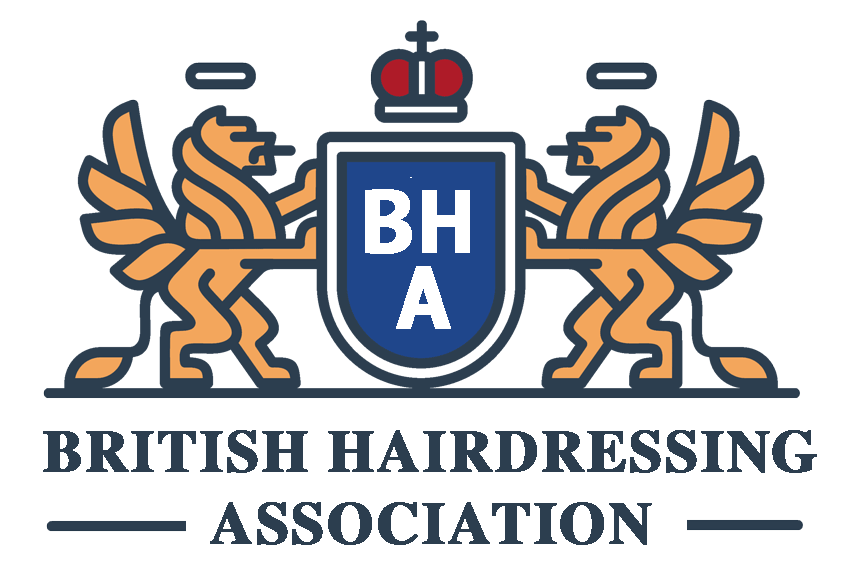Understanding Licensing and Certification Requirements for Hairdressers in the UK
Understanding Licensing and Certification Requirements for Hairdressers in the UK
If you are considering a career as a hairdresser in the UK, it is important to understand the licensing and certification requirements that are necessary to practice in this field. While there are no specific national licensing requirements for hairdressers in the UK, there are still regulations and standards that need to be met in order to legally work in this profession.
Educational Requirements
One of the first steps to becoming a licensed hairdresser in the UK is to complete a recognized training program. This can be through a college or private hairdressing school. The training program should provide a solid foundation in hairdressing techniques, health and safety regulations, and customer service skills. After completing the training program, many hairdressers choose to obtain additional certifications through professional organizations to further enhance their skills and credibility in the industry.
Certification Requirements
While there are no national licensing requirements for hairdressers in the UK, there are various certifications that can be obtained to showcase a hairdresser’s skills and expertise. One of the most well-known certification bodies in the UK is the Hairdressing Council, which offers the “State Registered Hairdresser” title to those who meet their standards of professionalism and skill. This certification can be a valuable asset for those looking to stand out in the industry and attract more clients.
Regulations and Health Standards
In addition to educational and certification requirements, it is important for hairdressers in the UK to adhere to health and safety regulations. This includes maintaining a clean and hygienic work environment, using safe and professional products, and following proper infection control protocols. Understanding and following these regulations not only protects the health and safety of clients but also ensures the professionalism and reputation of the hairdressing industry as a whole.
Continuing Education
Once a hairdresser has obtained the necessary education and certifications, it is important to continue learning and improving their skills. This can be through attending workshops, taking advanced training courses, or obtaining additional certifications in specialized areas such as hair coloring, cutting techniques, or product knowledge. By staying up to date with the latest trends and techniques in the industry, hairdressers can better serve their clients and stay competitive in the market.
Conclusion
While there are no specific national licensing requirements for hairdressers in the UK, there are still important educational, certification, and regulatory standards that must be met in order to practice in this profession. By understanding and meeting these requirements, hairdressers can build a successful and reputable career in the industry.
Remember to always consult with local authorities and professional organizations for the most up-to-date information on licensing and certification requirements for hairdressers in the UK.


